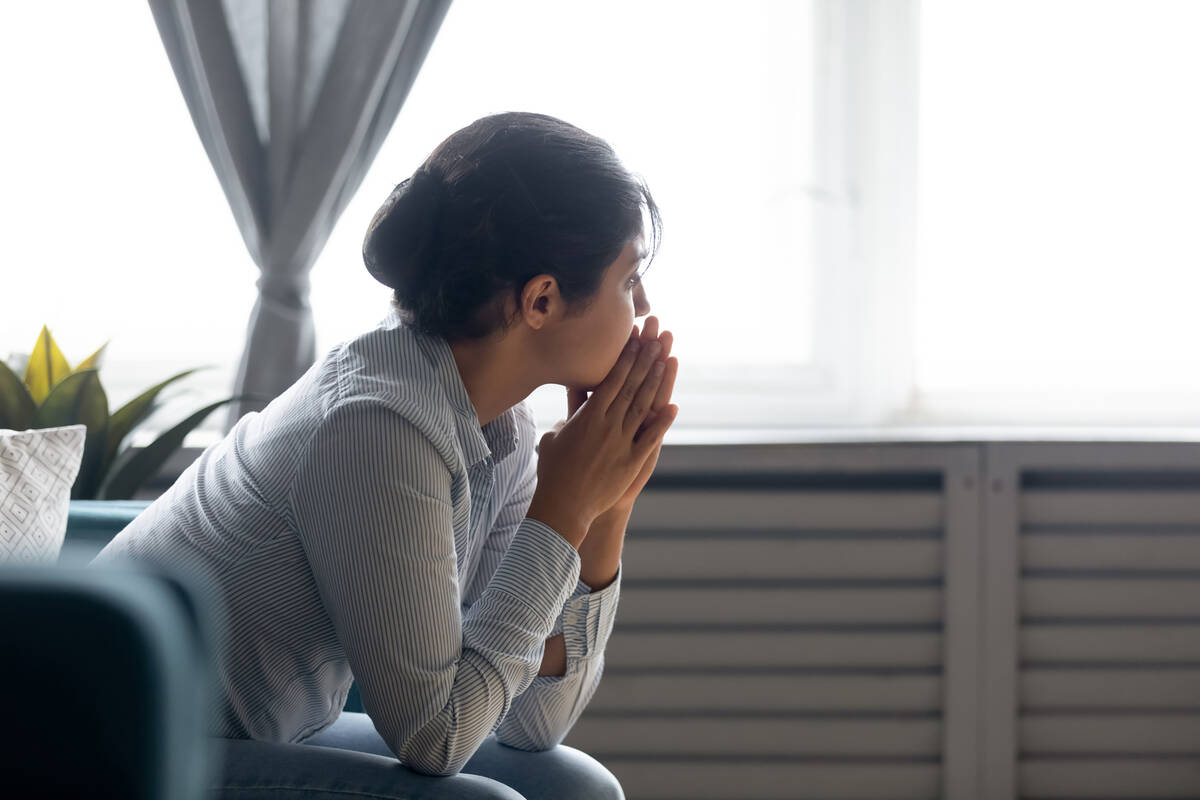Why mental health matters, and the consequences of ignoring it
Editor’s note: This is the first installment of Mental Health Matters, a monthly column by Las Vegas therapist Dr. Sheldon Jacobs.
Mental health at its core includes our psychological, emotional, social and even our spiritual well-being. Our feelings, thoughts and behavior are all interconnected and woven into every aspect of our life. So, when our mental health is not intact, it dramatically impacts how we respond to stressors, relate to people and how we view ourselves.
Some startling statistics
So why does mental health matter? Consider these numbers: According to the National Institute of Mental Health, 1 in 5 Americans have a diagnosable mental health condition, which equates to roughly 52 million Americans. Out of those 52 million people, approximately 45 percent receive treatment.
These numbers are even more startling among Blacks: Data from the American Psychiatric Association indicates that 1 in 3 Black adults with a mental health condition receive treatment. Thus, nearly 70 percent of Black adults who struggle with mental health do not receive treatment.
Suicide rates among youth and adults have fluctuated in our state for quite some time. Suicide rates involving youth have decreased in Nevada over the past few years. However, suicide rates among young adults ages 18 to 24 have increased sharply, according to the Nevada Office of Suicide Prevention.
Additionally, Nevada has one of the highest prevalence rates in the country for mental health issues among youth, and we have one of the lowest rates of providers per capita, according to Mental Health America.
For adults, the suicide rates remain high, with Nevada typically falling in the top 10. For many, suicide is typically a symptom of mental health issues, with mood-related disorders such as depression and bipolar disorder being leading factors.
Impacts of mental health
Our emergency rooms and psychiatric hospitals continue to be overburdened. Local psychiatric hospitals occasionally have to turn patients away because of capacity issues, which means that patients needing acute psychiatric care have to wait for longer periods in an emergency room without receiving treatment until a bed is available or, in some instances, not receiving treatment at all.
Ultimately, for higher acuity patients, this can turn into a dangerous cycle. Our jails and prisons have unfortunately turned into long-term housing options because of a broken mental health system that has failed to adapt.
Additionally, Las Vegas has a large unsheltered population with many of these individuals suffering from pervasive mental health and substance abuse challenges, and schools continue to be talked about largely for the spike in violence among students and the lack of sufficient mental health services.
We have to seriously rethink our continuum of care along with how services are delivered, especially among our unique populations such as the unsheltered, veterans, the LGBTQIA community, those with intellectual disabilities, people of color, our youth, and people with contact in the justice systems.
How we move forward
There has been a paradigm shift in how we view mental health: Conversations regarding mental health are appearing more on television and social media, which means the onus falls on us. Staying in tune to our own mental health needs will go a long way, but supporting others who may be struggling is also imperative.
April is Stress Awareness Month, a perfect time to take charge of how we respond to stressors and our mental health. This month, focus on understanding how you cope with stress and explore which coping mechanisms are most effective. Once you make that discovery, practice applying them, because your mental health will depend on it.
Dr. Sheldon A. Jacobs, Psy.D., LMFT, is a licensed mental health professional based in Las Vegas. Contact him at drjacobs10@hotmail.com. Follow @drjacobs33 on Twitter and Instagram.

















